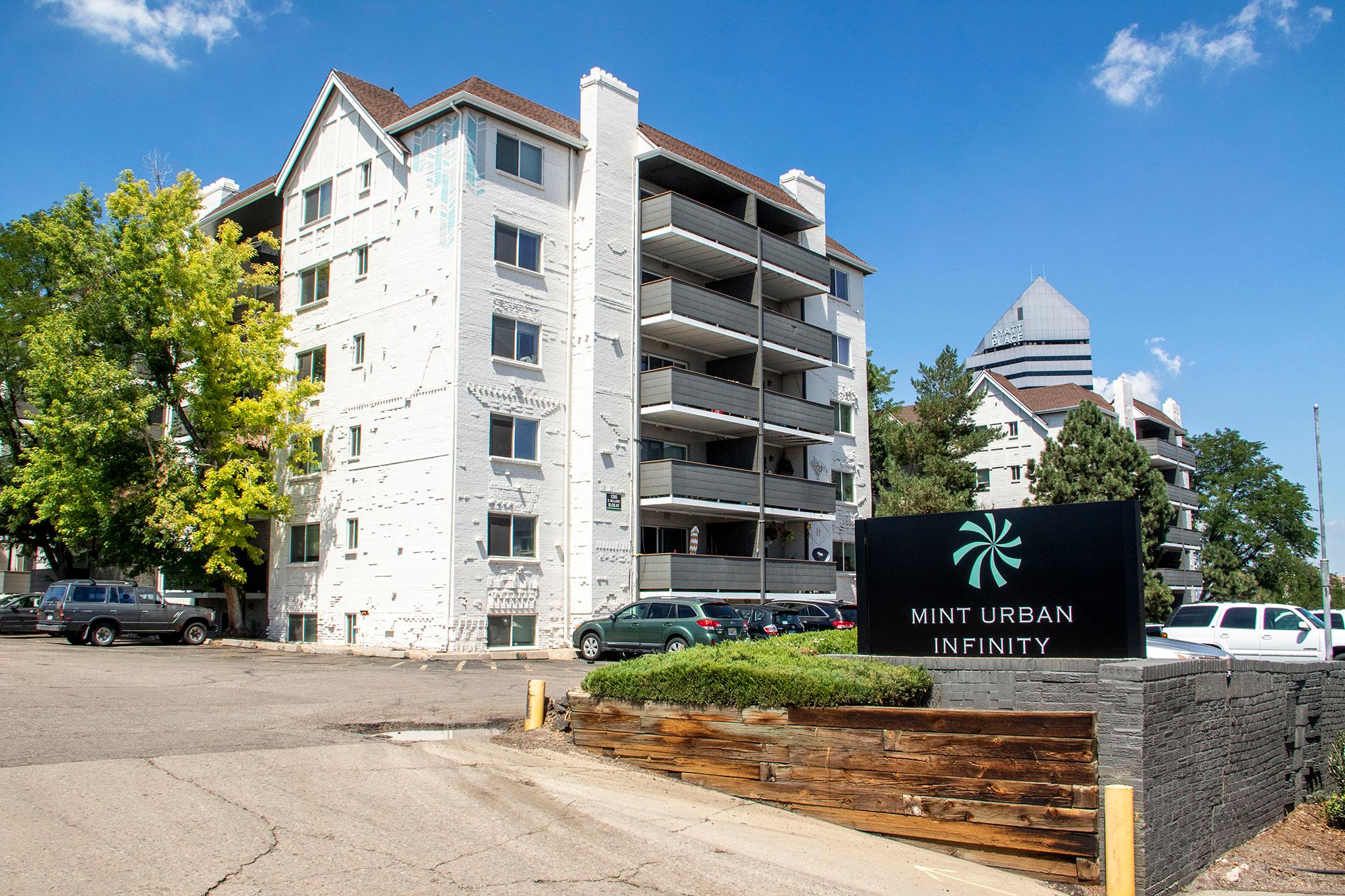After nearly a year of waiting, a group of tenants will be able to bring a class action lawsuit against a series of management companies that own a Denver apartment complex in Virginia Village after a judge certified the case could move forward as a class action suit on Thursday.
The ruling means the case involving potentially thousands of tenants claiming inhospitable apartment conditions can now move towards trial.
Lawyers for the tenants say it is likely one of the first class action certifications for tenants in Colorado in a case involving warranty of habitability, a law that requires landlords to provide livable accommodations. The class status means that instead of tenants having to take their landlord to court individually, any potential ruling could cover people who lived in the more than 500-unit complex between 2018 and 2022, when a new management company took over.
"It's a huge, huge milestone, we're all super excited," said Dre Chiriboga-Flor, executive director of the Justice for the People Legal Center, who has been working with lawyers on the case. "I think we're setting a pretty big precedent. Hopefully, this will show landlords that this could happen to them because we know this is such a widespread issue."
In an emailed statement to Denverite, Cardinal Group Management said it plans to appeal the class action ruling and fight the case.
"Cardinal cares deeply about creating communities where residents thrive," wrote spokesperson Jessie Koerner. "This lawsuit erroneously challenges our dedication to that mission, so we will continue to defend ourselves vigorously in court against these allegations. Of course, we plan to request leave to appeal the recent class certification decisions. We believe that the facts in this case will speak for themselves, and we will allow the Denver District court to decide this case, rather than the court of public opinion."
Glendale Properties I and Glendale Properties II did not respond to Denverite's request for comment.
The class action decision has been a long time coming.
The tenants filed the lawsuit in 2021 and the Denver District Court first heard arguments for and against class action status in March of 2023, but the decision lagged because of multiple changes in the assigned judge.
The tenants bringing the case forward claim that residents of the Mint Urban Infinity apartment complex raised concerns about broken elevators, doors and AC, piled up trash, a week without hot water and a number of other maintenance and safety issues.
Lead plaintiff Brandon Smith began organizing tenants when his AC stopped working. When raising the alarm about apartment issues, Smith said that building management told him and other tenants that they had not previously heard about the issues and that they were isolated to a specific unit.
"I started going door to door after work and on weekends, just trying to talk to people, and the more I talked to, the worse it got. I've heard the worst stories imaginable," he said. "I had people knocking on my door crying at random times throughout the day because of the stuff they had to go through."
In the 2023 hearing, lawyers for the defendants said that owners were working on fixing issues and that maintenance delays were due to supply chain problems during COVID-19. They argued against trying the case as a class action, claiming that because different apartments have varying features, tenants experienced issues differently. Chiriboga-Flor said this is partially why class action lawsuits like this involving tenants are rare.
Colorado District Court Judge Martin Egelhoff recognized that not all tenants experienced the same issues to the same degree, but ultimately wrote that the alleged issues were widespread enough to rule that the case could move forward as a class action.
"The thrust of the plaintiff's statutory and contractual claims stem from alleged community-wide and building-wide issues, and the defendants' systemic and institutional response to such issues," Egelhoff wrote in his decision Thursday.
Now the case will move toward a trial unless the groups involved decide to settle.
"This is usually when defendants get real about negotiating a fair resolution to save the expenses of litigating to the end and to try to... manage their liability to the extent they can," said Jason Legg, a lawyer with the Justice for the People Center involved in the case.
Smith, the lead plaintiff and former tenant, said he wants to see financial restitution for tenants. But he also wants to see a national investigation into the management companies involved, which have properties across the country.
"I am filled with so much hope. I cried yesterday when I found out because I'm just so happy that all this hard work has paid off," Smith said. "I want to make an example of bad landlords like this. I want them to be hurt so bad financially, that they have to liquidate their assets, and they have their real estate license revoked in the state of Colorado."
Editor's note: This article was updated to include comment from Cardinal Group Management.











